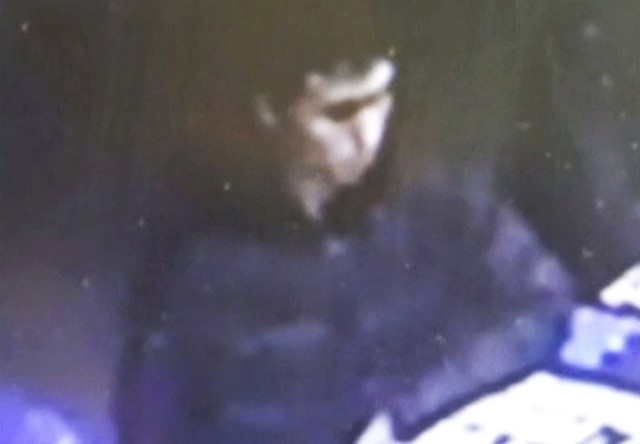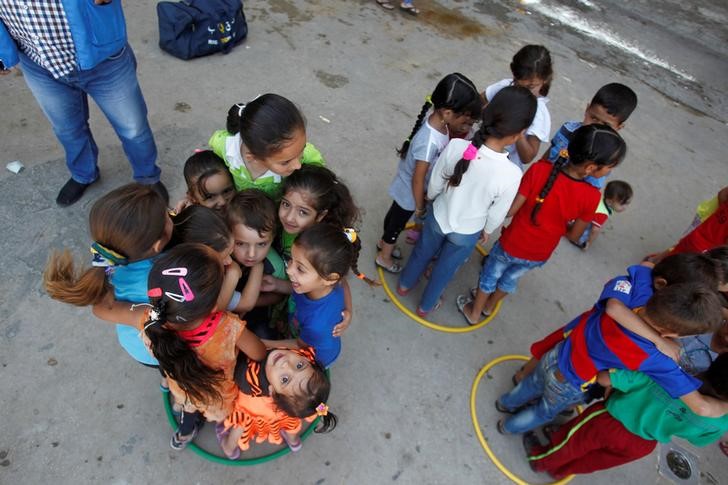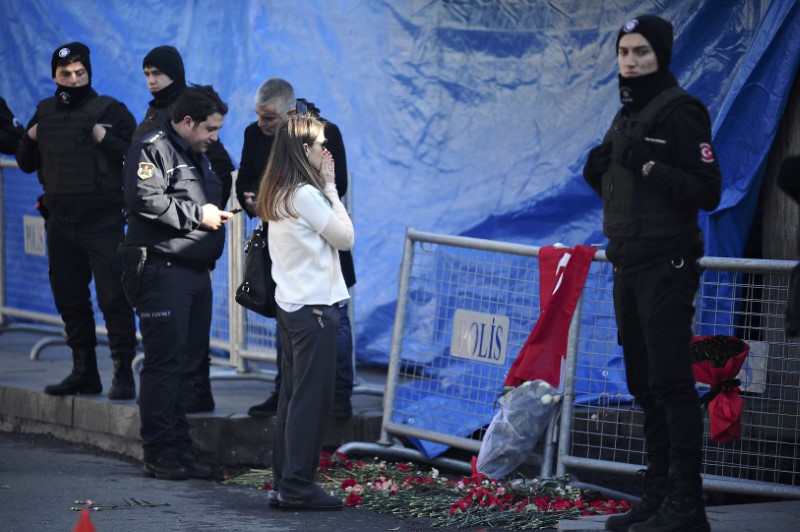
By Nick Tattersall and Daren Butler
ISTANBUL (Reuters) – Turkey has established the identity of the gunman who killed 39 people in an Istanbul nightclub on New Year’s Day, its foreign minister said on Wednesday, as police rounded up more suspected accomplices.
In an interview with the state-run Anadolu news agency, Mevlut Cavusoglu gave no further details about the gunman, whom Turkish officials have not named.
The attacker shot his way into the exclusive Reina nightclub on Sunday then opened fire with an automatic rifle, reloading his weapon half a dozen times and shooting the wounded as they lay on the ground. Turks as well as visitors from several Arab nations, India and Canada were among the dead.
Islamic State has claimed responsibility for the attack, saying it was revenge for Turkish military involvement in Syria.
Turkish media reports have said the attacker is believed to be an ethnic Uighur, possibly from Kyrgyzstan.
The shooting in Istanbul’s Ortakoy neighbourhood, an upscale district on the Bosphorus shore, came after a year in which NATO member Turkey was shaken by a series of attacks by radical Islamist and Kurdish militants and by a failed coup.
President Tayyip Erdogan said the attack, which targeted a club popular with local celebrities and moneyed foreigners, was being exploited to try to divide the largely Sunni Muslim nation and that the state never meddled in how people lived.
“There is no point trying to blame the Ortakoy attack on differences in lifestyles,” he said in a speech to local administrators at the presidential palace in Ankara.
“Nobody’s lifestyle is under systematic threat in Turkey. We will never allow this,” he said in comments broadcast live. It was his first public speech since the shooting.
Turkey’s Religious Affairs Directorate, which condemned the attack in its immediate aftermath, had issued a statement in December saying celebrating the New Year did not fit with Muslim values, triggering criticism from some parts of Turkish society.
Such calls have made many secular Turks suspicious of the Islamist background of Erdogan and the ruling AK Party, seeing them as bent on eroding the secular principles of the modern republic founded in 1923 by Mustafa Kemal Ataturk after the fall of the Ottoman empire. Erdogan rejects such suggestions.
MORE DETENTIONS
The attacker appeared to have been well versed in guerrilla warfare and may have trained in Syria, a security source and a newspaper report said on Tuesday.
The Haberturk newspaper said police investigations revealed that the gunman had entered Turkey from Syria and went to the central city of Konya in November, travelling with his wife and two children so as not to attract attention.
On Wednesday, police in the western city of Izmir detained 27 people who had travelled from Konya, citing suspicion of links to the attack, the Dogan news agency said.
They included women and children. Video footage showed some of them being brought out of an apartment building to waiting vehicles.
Seven Uighur Turks were also detained at a restaurant in the working-class Istanbul neighbourhood of Zeytinburnu, where the gunman was thought to have gone by taxi after the attack and asked to borrow money to pay the driver, Haberturk said.
The newspaper said raids had been carried out on 50 addresses in the district, where many Uzbeks, Kyrgyz, Kazakhs and Uighurs live, and 14 people detained in total.
(Additional reporting by Orhan Coskun, Tulay Karadeniz and Tuvan Gumrukcu in Ankara; Writing by Nick Tattersall; Editing by Tom Heneghan)













